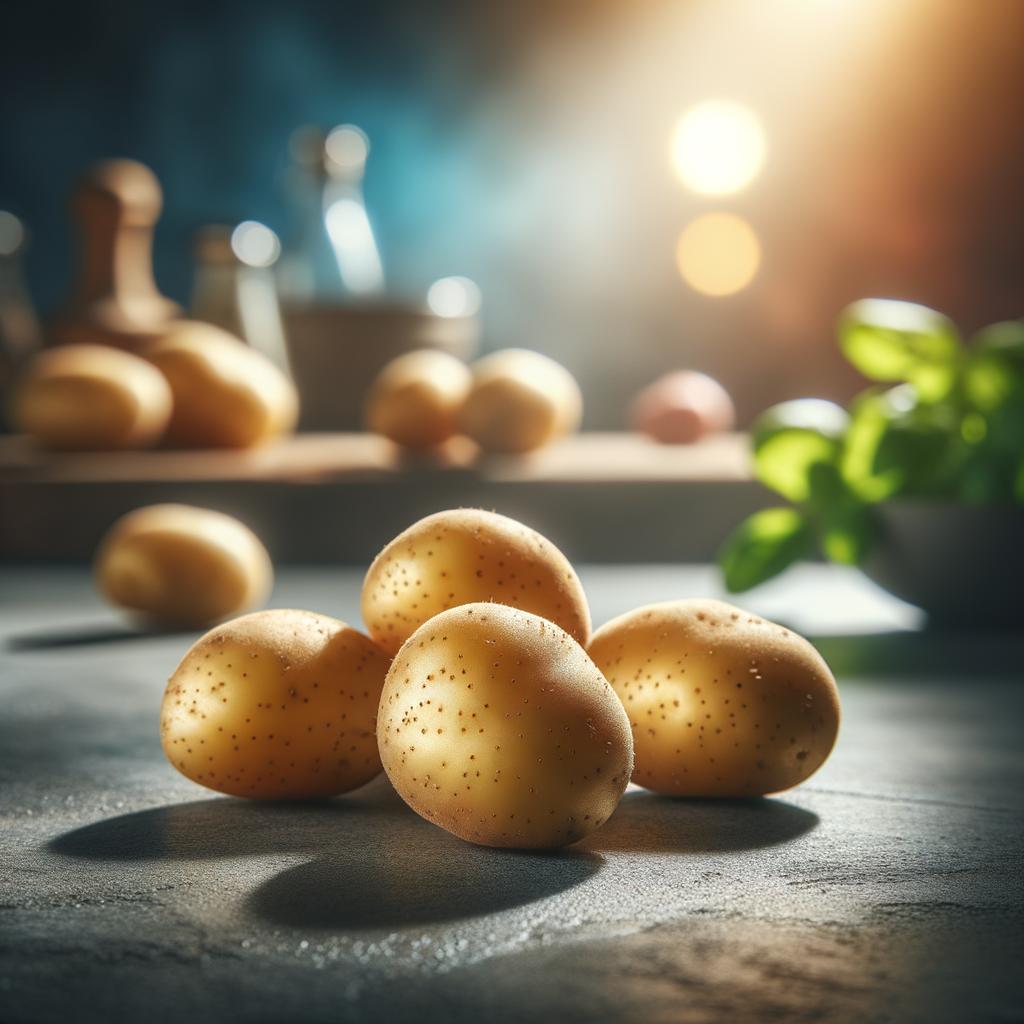Baby Potatoes

Description
Baby potatoes, as their name suggests, are simply young, immature potatoes that have been harvested before they've had a chance to reach full size. They're small, round, and come in a variety of colors, from creamy white to vibrant red and deep purple. Their skin is thin and delicate, often with a slight sheen, encasing a flesh that is tender, moist, and rich in flavor. Their flavor profile is subtly sweet and earthy, with a buttery texture that melts in your mouth. What sets baby potatoes apart from their mature counterparts is their size and texture, which make them a versatile ingredient in a variety of dishes.
Primary Uses
Baby potatoes are a staple in many cuisines around the world. They can be boiled, roasted, or fried, and their small size and tender texture make them ideal for salads, stews, and side dishes. They're a key component in dishes like Spanish tapas, Indian aloo, and Irish colcannon. Beyond their culinary uses, baby potatoes have also been used in traditional medicine for their high potassium content, and they hold a special place in many cultures as a symbol of sustenance and abundance.
History
The history of baby potatoes is intertwined with the history of potatoes themselves. Originating in the Andean region of South America, potatoes have been cultivated for over 7,000 years. Baby potatoes were likely first harvested out of necessity, when food was scarce and farmers couldn't afford to wait for their crops to reach full maturity. Over time, however, their unique qualities were recognized and appreciated, and they became a delicacy in their own right. There's a romantic tale in Ireland of the "fairy spud", a baby potato that, when found, was believed to bring good luck and bountiful harvests.
Nutritional Information
Despite their small size, baby potatoes pack a nutritional punch. They're rich in essential vitamins and minerals like vitamin C, potassium, and B vitamins. They also provide a good amount of dietary fiber and are a source of slow-release carbohydrates, making them a filling and energy-sustaining food. Compared to mature potatoes, baby potatoes have a similar nutritional profile, but their skin, which is often eaten, provides additional nutrients and fiber. However, like all potatoes, they should be consumed in moderation due to their high carbohydrate content. Their health benefits include supporting heart health, aiding digestion, and providing essential nutrients for overall health.

